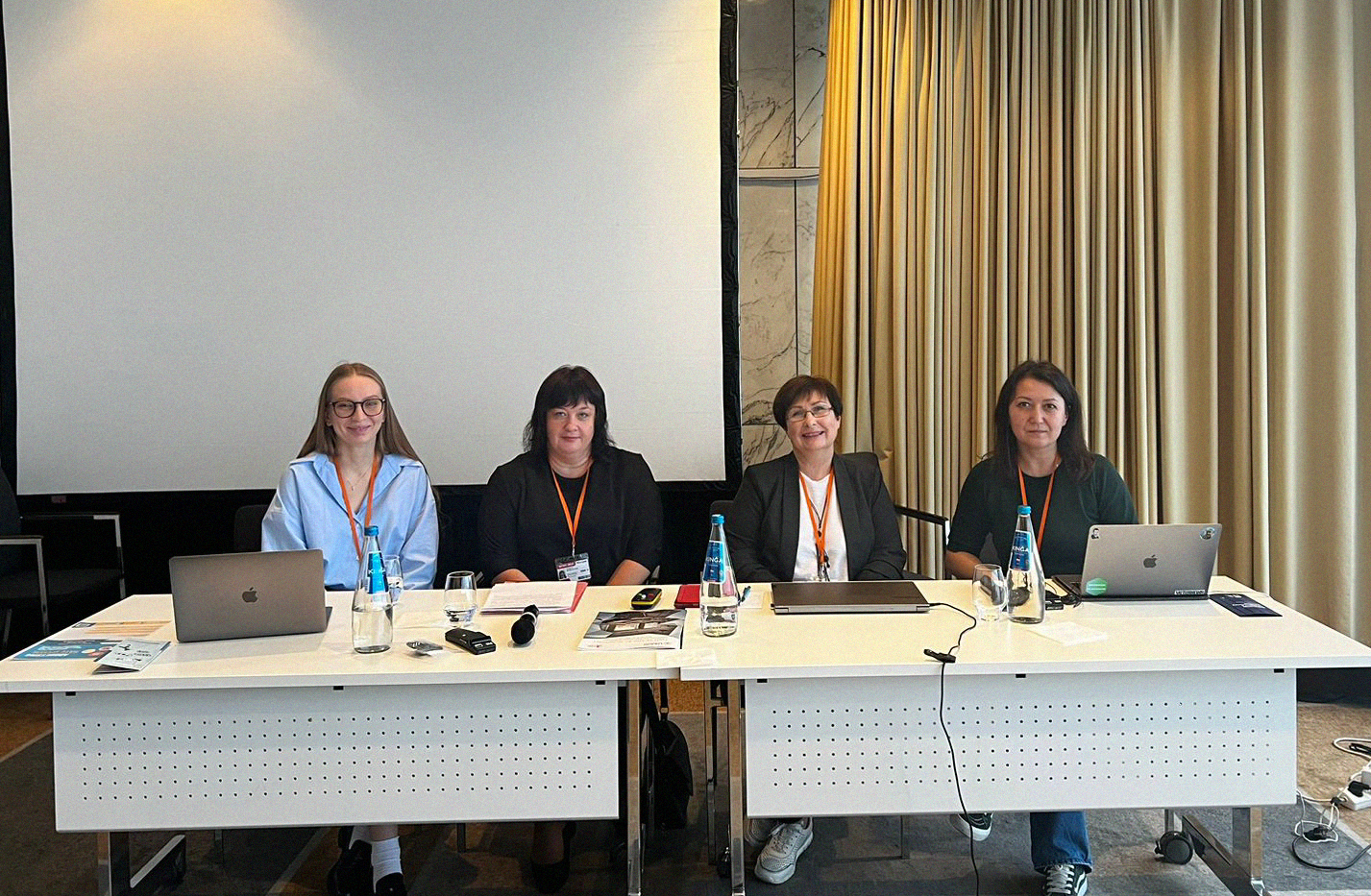«1,874 medical facilities have been affected». Warsaw Human Dimension Conference hosts a side event on systematic attacks on Ukraine’s medical infrastructure

On 9 October, a side-event dedicated to Russia’s systematic attacks on Ukrainian medical infrastructure took place in Warsaw during the 2024 Warsaw Human Dimension Conference. The event was moderated by Nataliia Yashchuk, Senior Manager for Overcoming the Consequences of War at the Centre for Civil Liberties. The event discussed documented instances of attacks on Ukraine’s medical infrastructure, strengthening the legal protection of such institutions during the war, and potential solutions that would help bring the perpetrators to justice.
Russia’s full-scale invasion of Ukraine has destroyed both military and civilian infrastructure. Among the biggest victims of this aggression are healthcare facilities that have been deliberately targeted, with dire consequences for Ukraine’s civilian population. Numerous incidents highlight the systematic shelling and attacks by the Russian Federation. This constitutes a gross violation of international humanitarian law. Following this violence, Ukrainian NGOs have focused on documenting the systematic attacks on healthcare infrastructure in order to bring the perpetrators to justice under international law.
Nataliia Yashchuk shared the story of the Yuzvak family and Mrs Olena Yuzvak, who worked as a doctor at the Hostomel Outpatient Clinic. In March 2022, she, her husband and son were abducted from their city home. Mrs Yuzvak was interrogated and thrown out in the middle of the street with a bag on her head a day later, while her husband, who was shot in the legs during the abduction, was taken to a pre-trial detention centre in Kursk and brought back during a prisoner swap in April. Their son Dmytro Yuzvak, a student, was taken to the Novozybkovo Pre-trial Detention Centre and remains in captivity, being transported to different places. As reported by those released, Dmytro has major health problems as a result of tortures.
Another speaker at the event was Vladlena Padun, an analyst with the Ukrainian Helsinki Human Rights Union, who spoke about Russia’s methodical policy of destroying Ukraine’s medical framework, the scope and scale of the destruction of medical facilities. She noted in particular that, according to the Ministry of Health of Ukraine, 1,874 medical facilities had suffered from Russian attacks. Of them, 216 were destroyed and 1,658 damaged.
Viktoriia Barabashova, Director of Kharkiv City Hospital 3 and a general practitioner, shared her observations. She emphasised that Kharkiv had been under Russia’s continuous targeted fire, and systematic attacks on medical institutions had been recorded.
Aksana Filipishyna, an analyst with the Ukrainian Helsinki Human Rights Union, spoke about the war crimes being documented by the T4R initiative and voiced recommendations for international organisations and foreign states on exerting influence on the situation. These include:
- increased pressure on the Russian Federation to stop attacks on Ukrainian medical institutions;
- taking measures to bring to justice perpetrators of criminal acts against Ukraine under international humanitarian law;
- assisting in the restoration of medical infrastructure where possible.
Center for Civil Liberties operates with the support of the European Union.

